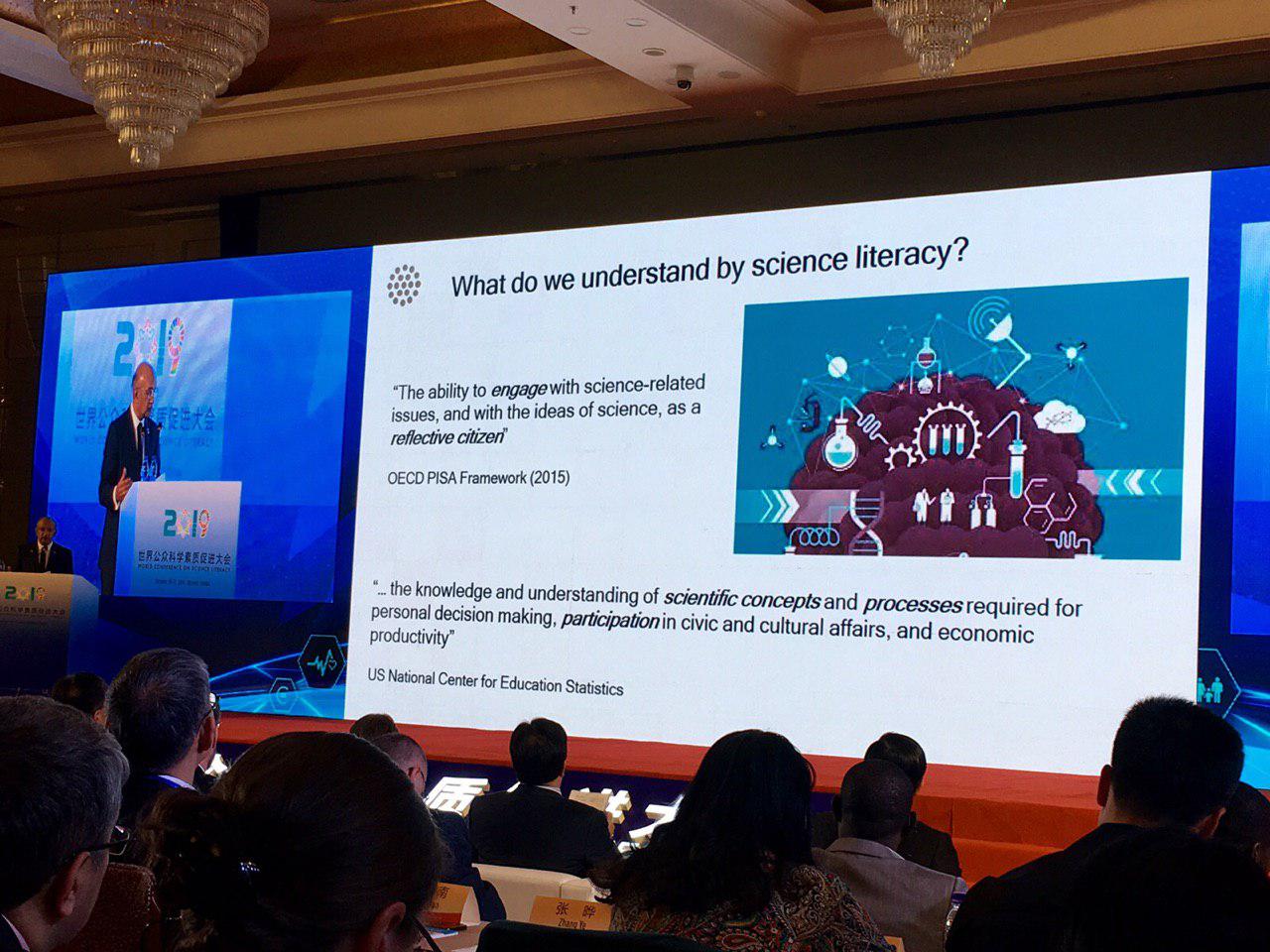
The digital age has changed the landscape radically: internet platforms may enable the spread of fake news, with an exponentially increasing number of readers and no checks on accuracy of content.
The widespread dissemination of misleading and biased information casts doubt on the need for scientific understanding and interpretation, feeds new expressions of science denialism, and threatens evidence-informed decision making in policy and public action.
It poses a fundamental attack on the public value of science, which in turn undermines efforts to build a robust global science system and to advance science as a global public good.
In a fast-paced environment, dramatic scientific developments that carry the promise of major benefits may also beg serious ethical questions. For example, gene editing opens up new ways to fight genetic diseases and sustain food security, but it also raises important ethical and existential questions.
This kind of debate requires careful deliberation involving wider society. That is why a scientifically literate population that can engage with evidence and make thought-out decisions is so central to societal and economic development.
The scientific community, therefore, has a responsibility to rethink how to communicate effectively to non-scientists, defend the scientific method and be creative and compelling in articulating the social, political, economic and cultural values of science.
“Scientists have a role that goes beyond being mere brokers of scientific information. Scientists also have roles in the public discourse, often as advocates.”
Thankfully, there is a plan. Find out how you can take part in our endeavor to advance science as a global public good.